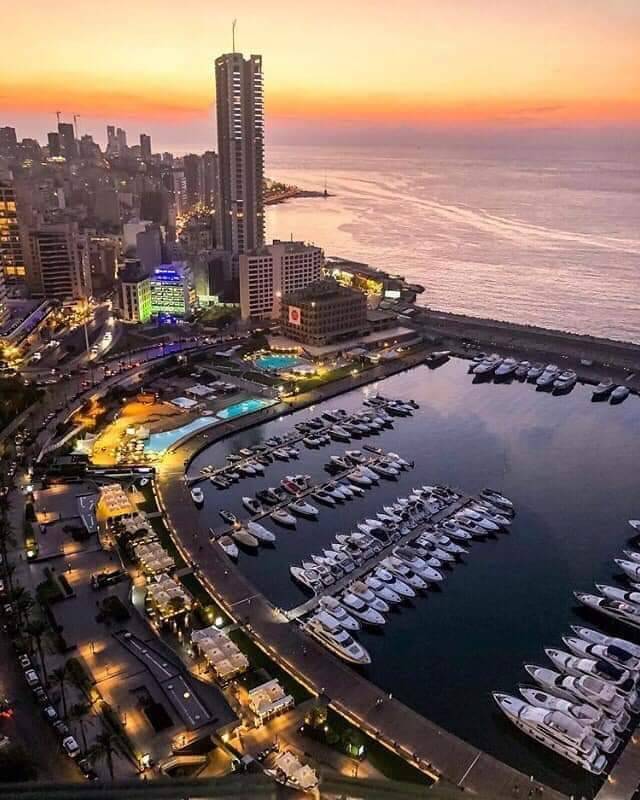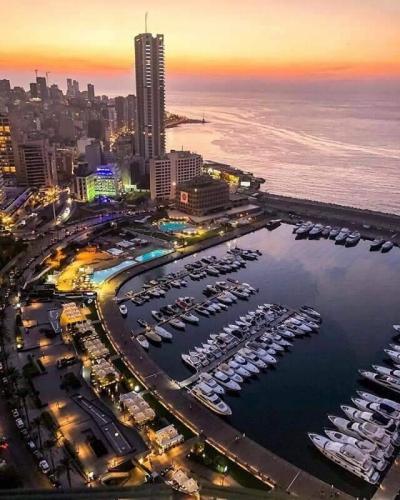Crises are recurring and piling up on vital sectors in the country, obliterating any remaining hope for Lebanese people to distract themselves from their worries and coexist with a reality that has become a suffocating prison for the freedom to live and be optimistic. From the fuel crisis to the insane rise in the exchange rate of the dollar, and the fragile security situation threatened by the lack of political stability, the tourism sector is witnessing a state of stagnation just before the start of summer and the tourist atmosphere that Lebanon has always been known for, due to the available services of all kinds and their reflection on the economic situation in the country. So, how is the sector preparing to welcome the season? What obstacles does it face?
In this context, Pierre Ashkar, the head of the Hotel Owners Association, pointed out that "the hotel sector has not yet opened its season for bookings," reminding that "Lebanese residing in the Gulf and Africa have their own homes in Lebanon, thus they do not need to spend their vacation in hotels, and we are waiting for bookings from foreign tourists and businessmen, especially from Iraq and Jordan." In an interview with the "Anbaa" electronic newspaper, Ashkar noted that "the electricity crisis poses an additional burden for us; while the state should provide electrical power to the hotel sector, it remains our responsibility to address this issue, especially since the price of a ton of diesel has increased 30 times compared to last summer," adding, "the problem of water scarcity in Beirut has appeared, which will impose new burdens on the sector, in addition to the increase in communication tariffs at the beginning of June."
Ashkar concluded by affirming, "The sector is ready to receive tourists despite the closure of some hotels and the reduction of around 2,500 rooms."
In a related context, Tony Rami, the head of the Restaurant, Cafe, and Bar Owners Association, viewed that "the restaurant sector witnessed a noticeable demand prior to the elections with the stability of the exchange rate; however, after the elections, restaurants experienced stagnation due to the significant rise in the dollar's price, thus affecting fuel prices, which hinders citizens' mobility." Rami reassured in an interview with the "Anbaa" electronic newspaper that "every establishment has maintained the quality of its food and beverages (alcohol)," noting that "the number has decreased from 6,500 restaurants in 2019 to between 3,000 and 4,000 currently, which makes the market smaller and thus options are more limited."
Therefore, Lebanon today has a real opportunity to regain economic prosperity through the influx of green currency into the market and thereby revitalizing the tourism sector, but the situation remains contingent on the actions of the concerned parties through ensuring political stability primarily and meeting the needs of all sectors.




